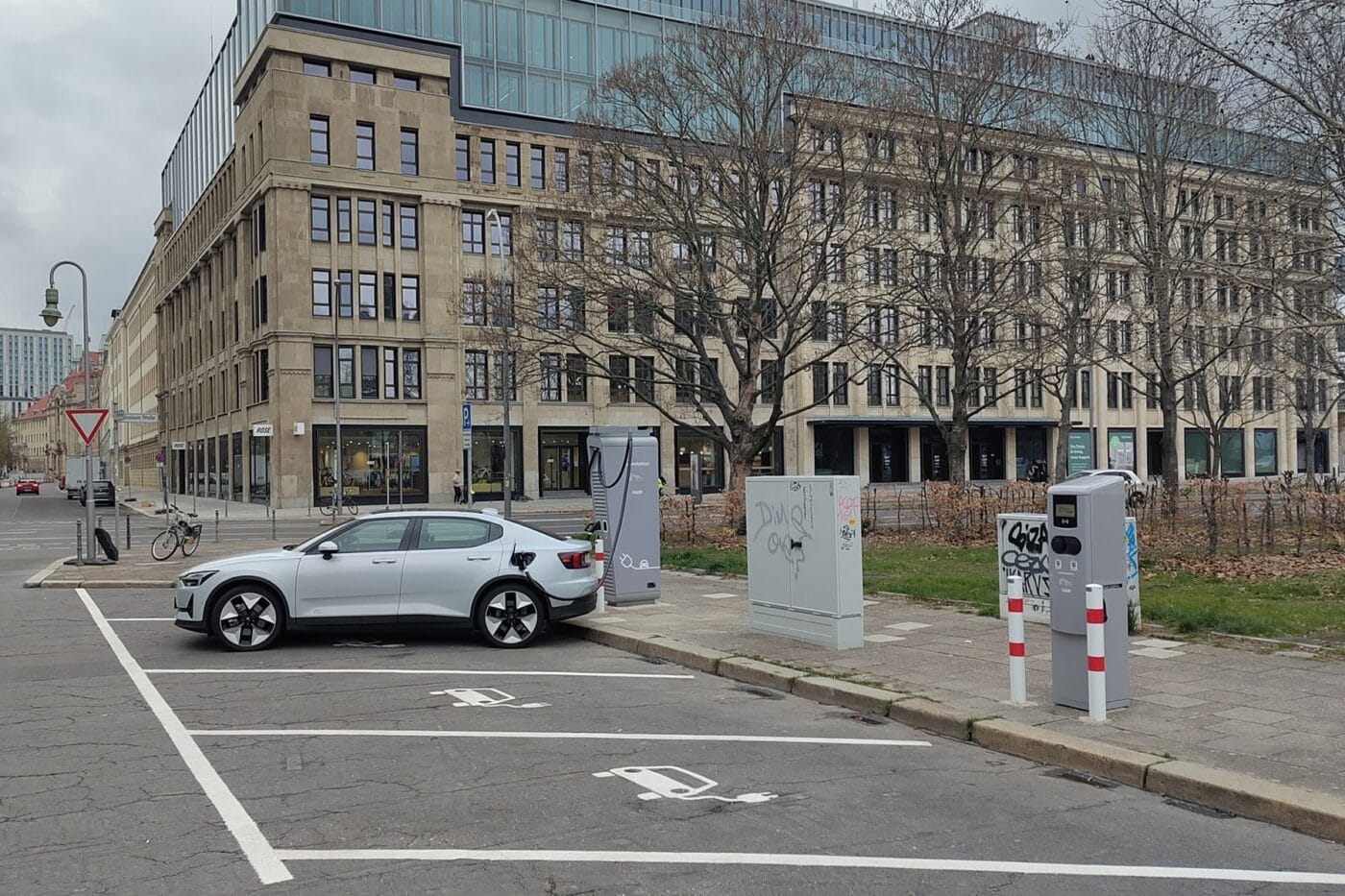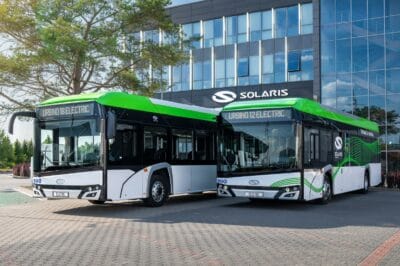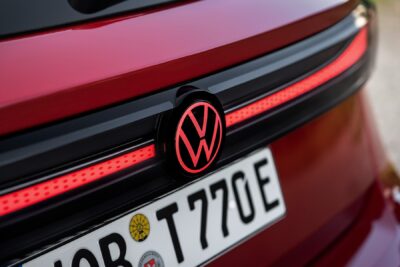German government coalition agrees on EV subsidies for low and middle incomes
The German government wants to resume state subsidies for the purchase of electric cars, but not equally. According to Finance Minister and SPD leader Lars Klingbeil, three billion euros from the Climate and Transformation Fund and the EU Social Fund are to be made available to specifically support households with low and middle incomes in switching to zero-emission vehicles. He spoke in this context of a ‘reallocation’ of funds, saying that this would not change the budget.
However, it is still unclear whether this will take the form of a purchase subsidy similar to the environmental bonus that was abruptly abolished at the end of 2023, or, for example, social leasing based on the French model. The SPD had recently toyed with the idea of such a leasing programme for lower incomes, but considered a launch in 2027 to be realistic. “It is conceivable that you could drive an electric car for three years for 99 euros a month,” said Isabel Cademartori, transport policy spokesperson for the SPD parliamentary group, in an interview in June. However, the SPD wanted to include not only socially disadvantaged households in the subsidy, but also commuters with a gross annual income of 40,000 euros to£60,000 euros. That would fit in well with Lars Klingbeil’s wording, but it is probably not set in stone yet.
During coalition negotiations between the CDU/CSU and SPD this year, there was lively discussion about reviving an electric car purchase subsidy, but this was not included in the final coalition agreement. Instead, the aim was to set up a programme for low- and middle-income households, funded by the EU Climate Social Fund, to provide targeted support for the switch to climate-friendly mobility. The latter is also in line with Lars Klingbeil’s statement.
Further details on the new subsidy programme for electric cars are to follow shortly. In addition to the question of whether it will be a purchase subsidy or a leasing programme, it will also be interesting to see how high the subsidy per vehicle or household will be and who will be eligible for it.
The new subsidy programme for electric cars is also likely to play a role this afternoon at the car summit in the Chancellery, where Chancellor Friedrich Merz (CDU) and Vice-Chancellor Klingbeil will meet with representatives of car manufacturers and suppliers, as well as the IG Metall trade union and the VDA.
spiegel.de (in German)
This article was first published by Florian Treiß for electrive’s German edition





0 Comments